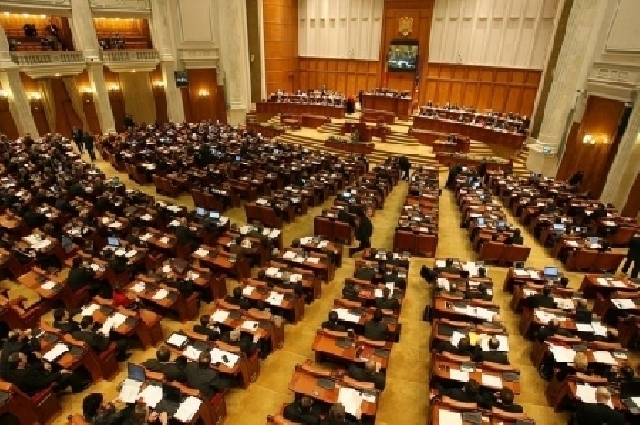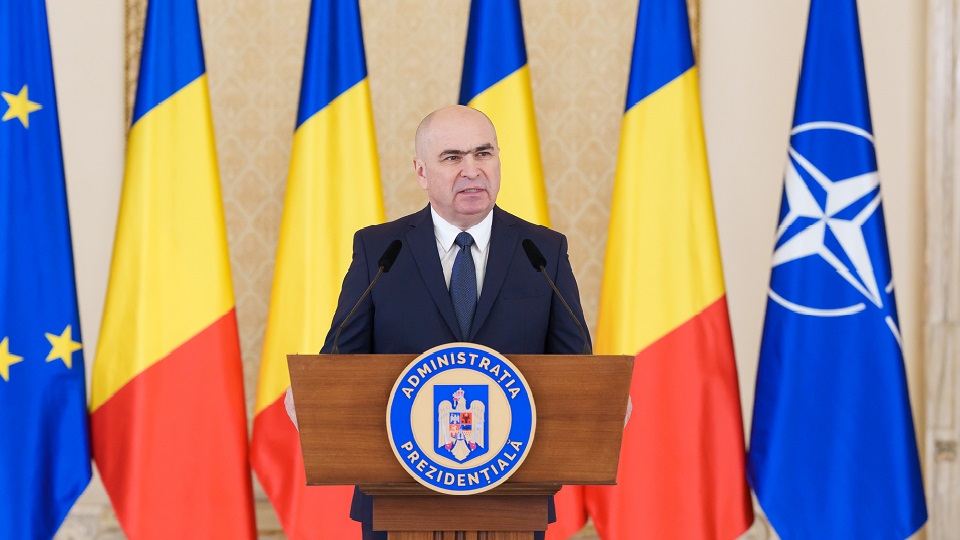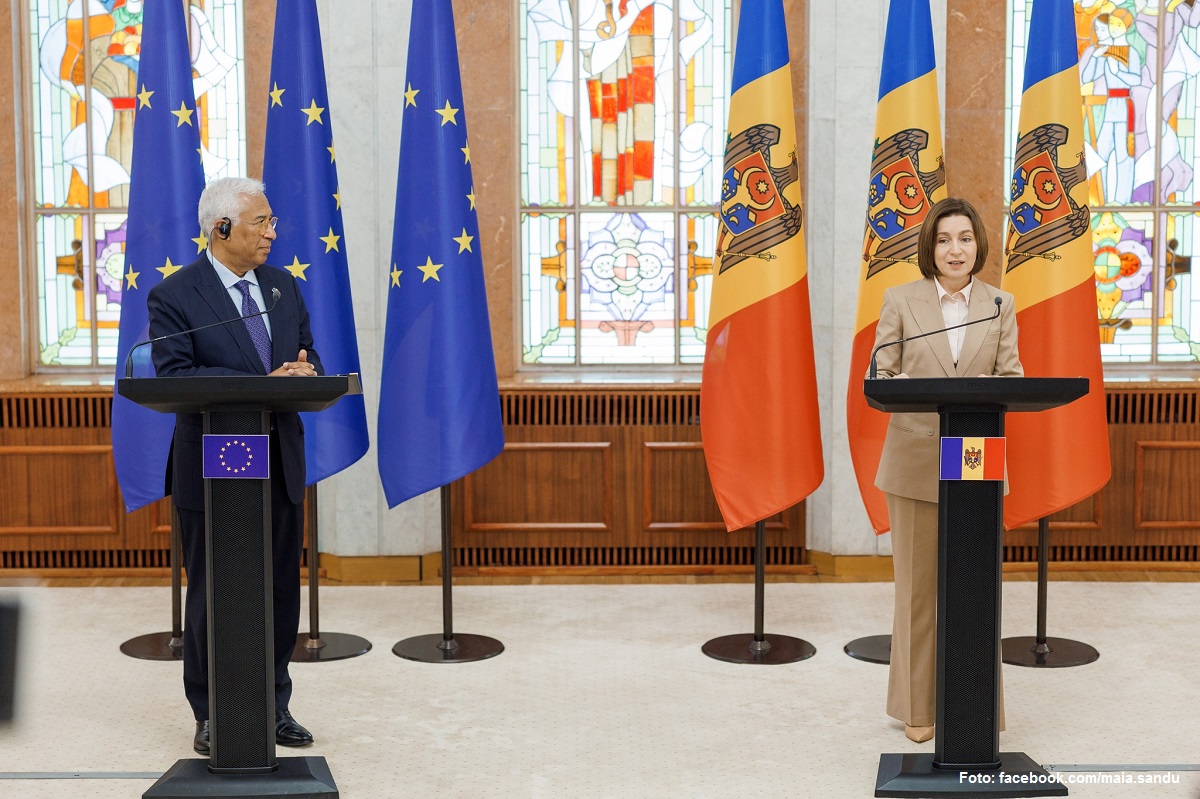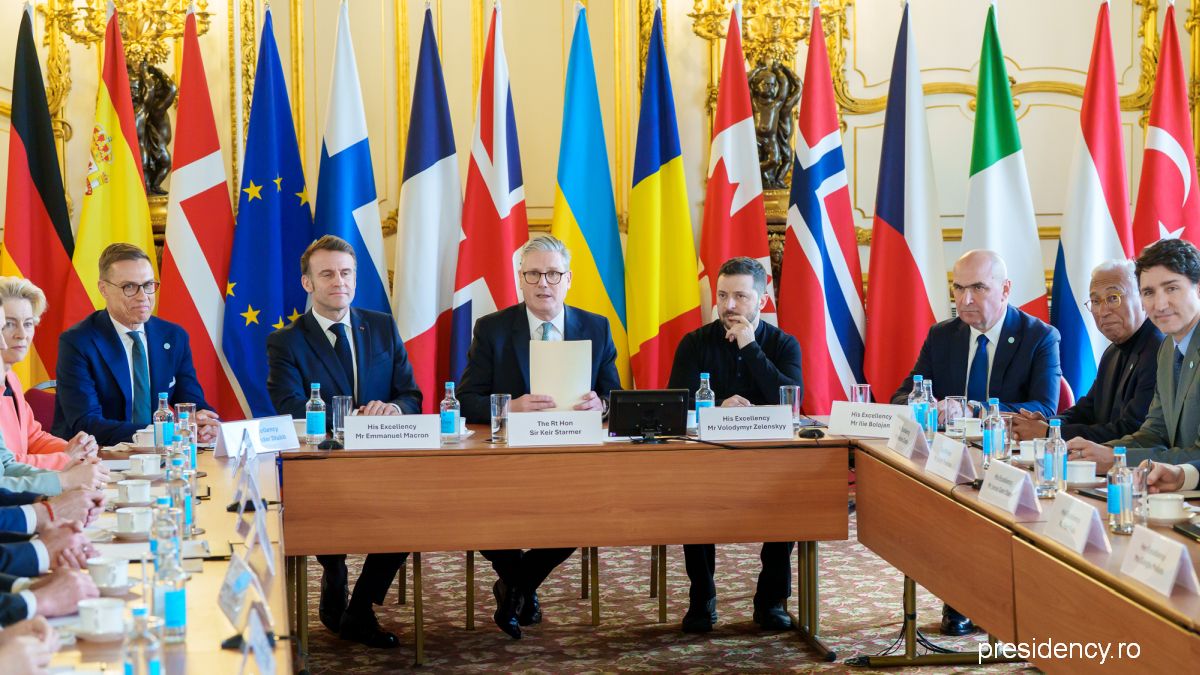The 2014 budget, after Parliament’s vote
Minimal increases for public employees and pensioners, higher taxes, little money for healthcare and education and little investment – these are, in a nutshell, the guidelines of the state budget for 2014 which Parliament passed on Wednesday.

Florentin Căpitănescu, 05.12.2013, 12:20
It took Romanian MPs only one day and a half to debate the state and social security budget bills for 2014 and three minutes to pass them. This incredible speed should come as no surprise, given that the ruling centre-left alliance has an overwhelming 70% parliamentary majority and the deadline for adopting the state budget is drawing near.
Almost 350 MPs voted in favour of the two bills, while around 50 opposed them. The state budget is based on a 2.2% economic growth rate, a 2.4% inflation rate and an exchange rate of 4.45 lei against the euro. The total value of the budget is 230 billion lei, which is the equivalent of almost 50 billion euros.
The good news brought in by the new budget is the increase in the minimum wage in two stages to 900 lei, around 200 euros, the increase in pensions by about 4% and the increase in the salaries of young teachers by another 10%. On the other hand, taxes, which in any case are considered very high, will be even higher next year, mainly as a result of an increase in the excise duty on fuel by 7 eurocents per litre, a measure the government plans to enforce on 1st of January 2014.
This causes a chain reaction, with prices increasing as a result. The measure is fiercely opposed by president Traian Basescu, who has warned that unless the government eliminates this increase from the budget bill, he will send the bill back to Parliament for a revote.
In its current version, the budget bill earmarks 120 billion lei for salaries, pensions and social assistance, 40 billion for investments and another 40 for current administrative spending and 6 billion for subsidies, mainly in agriculture.
The president’s office, Parliament, the Intelligence Service and the ministries of regional development and administration, defence, labour, agriculture and transport will receive more funds compared to last year. Education and healthcare, on the other hand, despite being considered key areas, are bottom of the list when it comes to the allocation of budget funds, just like in previous years.






























